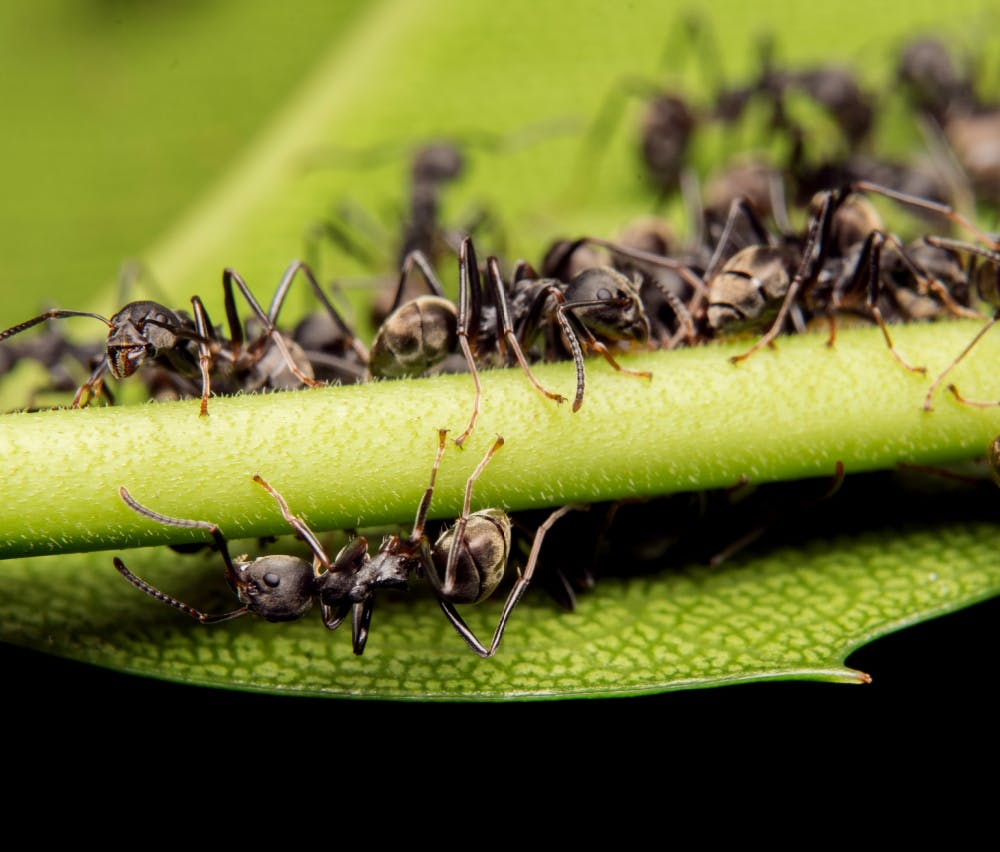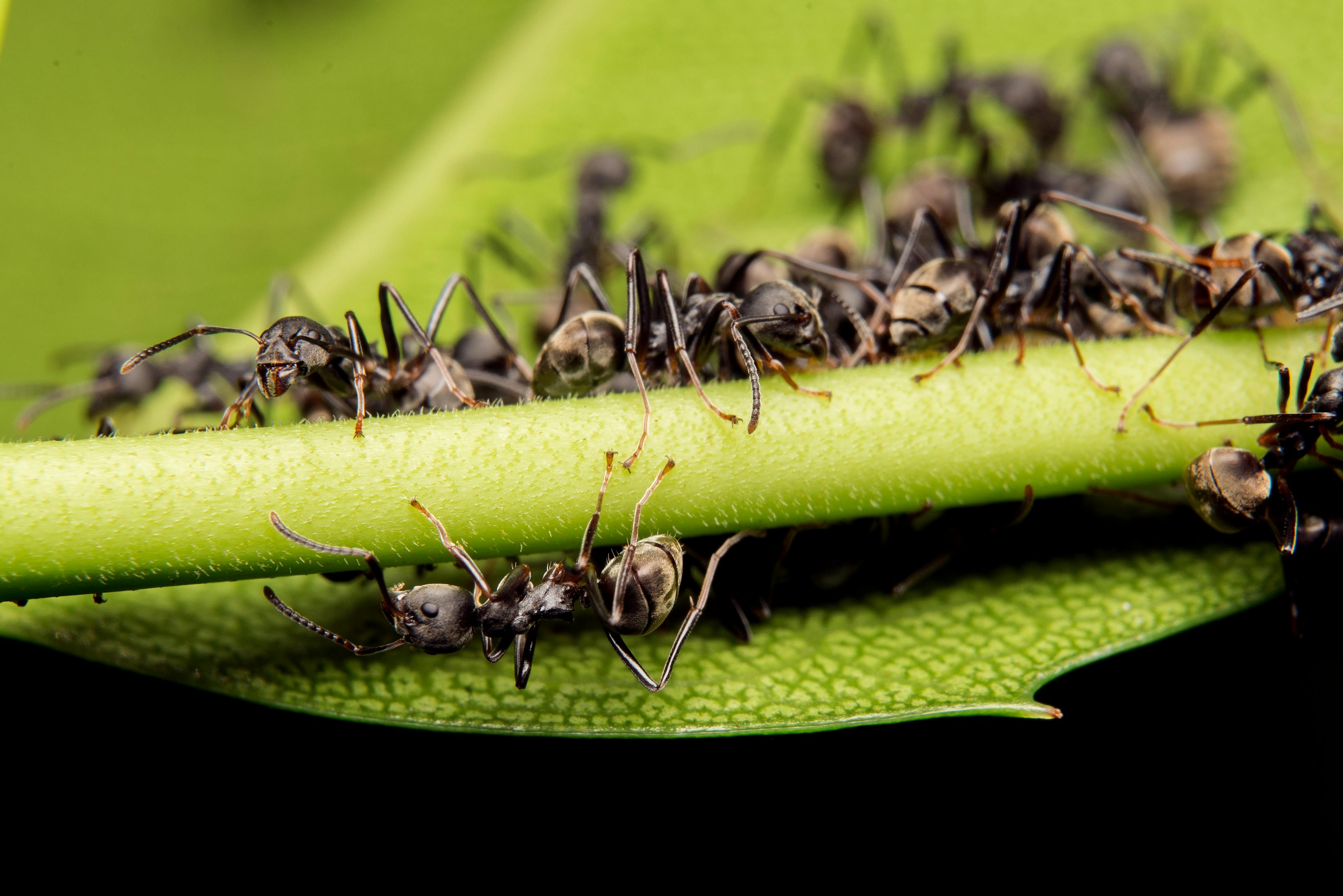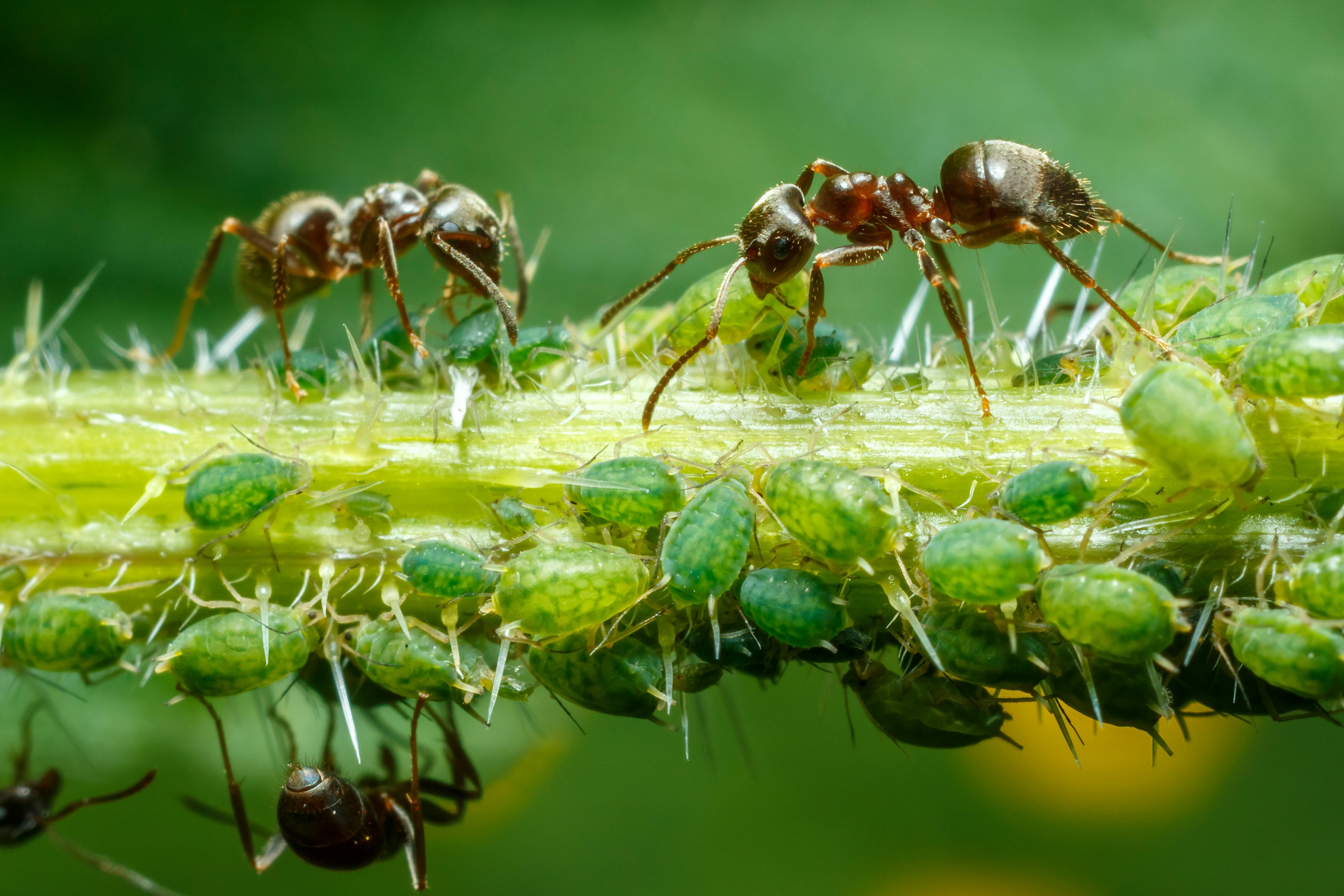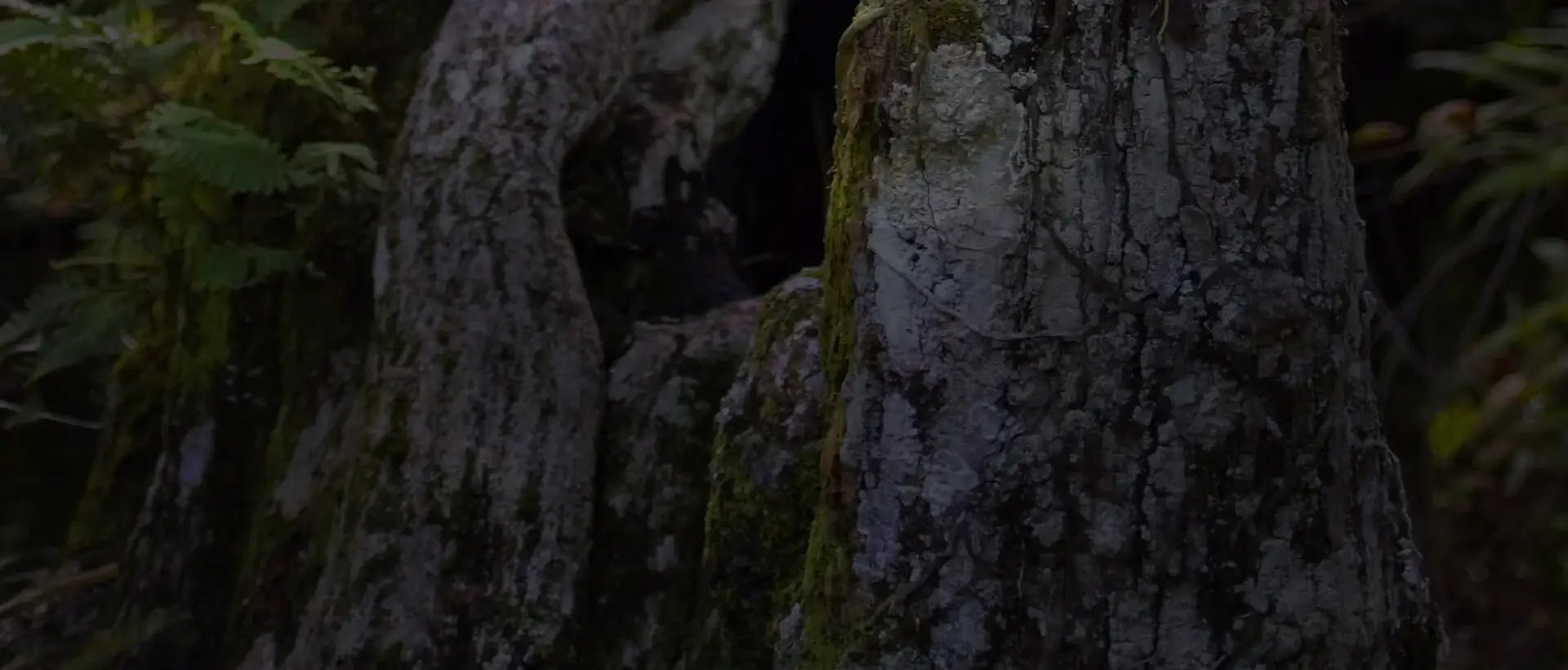
Ants


Gallery


Additional Information
The ants feed on the sugar solutions naturally produced by the plant and protect the plants from foraging herbivores. Ants are generally considered beneficial to orchids, and will never damage an orchid. In some circumstances, they may farm sucking pests like aphids and mealybugs, in order to drink the sweet sugary sap that these creatures exude.
If sucking insects that produce sweet excrement commonly called "honeydew" are present, many ants will farm these insects, moving them around from plant to plant thereby spreading what might otherwise be a minor insect infestation.
Symptoms
Ants will be observed when plants are disturbed or repotted.
Treatment
Ants can be difficult to treat because it's imperative to kill the colony's queen. Ant bait traps, or pesticides specifically for ants can be used. A mixture of 50:50 powdered sugar and boric acid may offer reasonable control as well. This must be protected from moisture in the growing area and replaced frequently.
Prevention
Minimize or eliminate infestations of insects such as aphids, whiteflies, scale and mealybugs. Take away the ants' food source and they will usually go looking elsewhere.

FREE ACCESS: Orchid DealWire
Get notified when orchid vendors have special promotions and exclusive savings.








